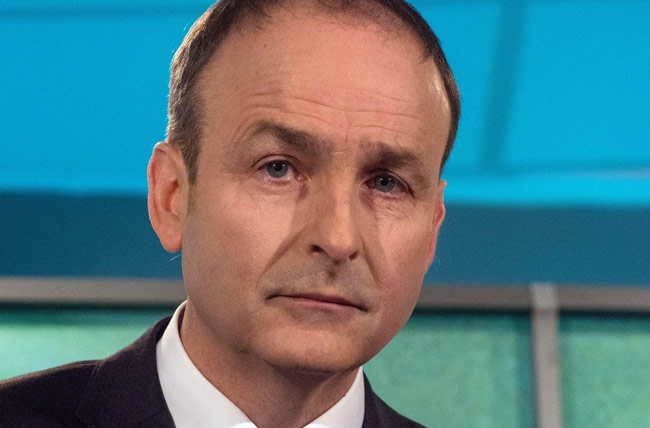Comment & Analysis

Those Who Benefit from Graduates Must Contribute to their Third-Level Education
Eamon Ryan, leader of the Green Party, lays out a unique solution to the problems faced by third-level institutions.

Access to a Top-Quality Education Should be Determined by Hard Work, not Ability to Pay
Micheál Martin, leader of Fianna Fáil, explores the failings of the previous government and sets out a plan for more higher education funding, not less.

Analysis
Economists Agree There’s No Magic Bullet to Fund Higher Education
James Shaw explores different means by which higher education could be funded, beyond a simple yet expensive loan scheme for students.

Analysis
Ahead of Friday’s Election, Parties Target the Student Vote with Promises
Party manifestos promise to fund higher education and tackle the accommodation crisis – but few give clear details as to how.

Labour Will Not Tolerate Destructive, Socially Regressive Education Policies
Joan Burton, leader of the Labour Party, discusses future funding options for higher education that will see the sector thrive.

Analysis
The Political Parties Putting LGBT Issues to the Forefront
Sarah Scales speaks to political parties ahead of the general election on their plans for pushing LGBT issues.

Contribution
Ireland’s Anti-Establishment Movement May Appeal More to Young People than Traditional Parties
Simon Foy explores the disillusionment with traditional Irish parties and how it may shape the new Dáil.

We Don’t Have to Live in an Unequal Society
Gerry Adams, leader of Sinn Féin, argues for total reform of the education sector and the elimination of third-level fees.

Analysis
In Ageing Dáil, Are More Young Voices Needed?
Our society places value on descriptive representation, but young people remain strikingly absent from the Dáil.

The Surreal Social Experiment of the Trinity Ball Launch Live Stream
The live stream, from an “undisclosed location”, was strange, the comments were unpleasant, but we couldn’t look away.